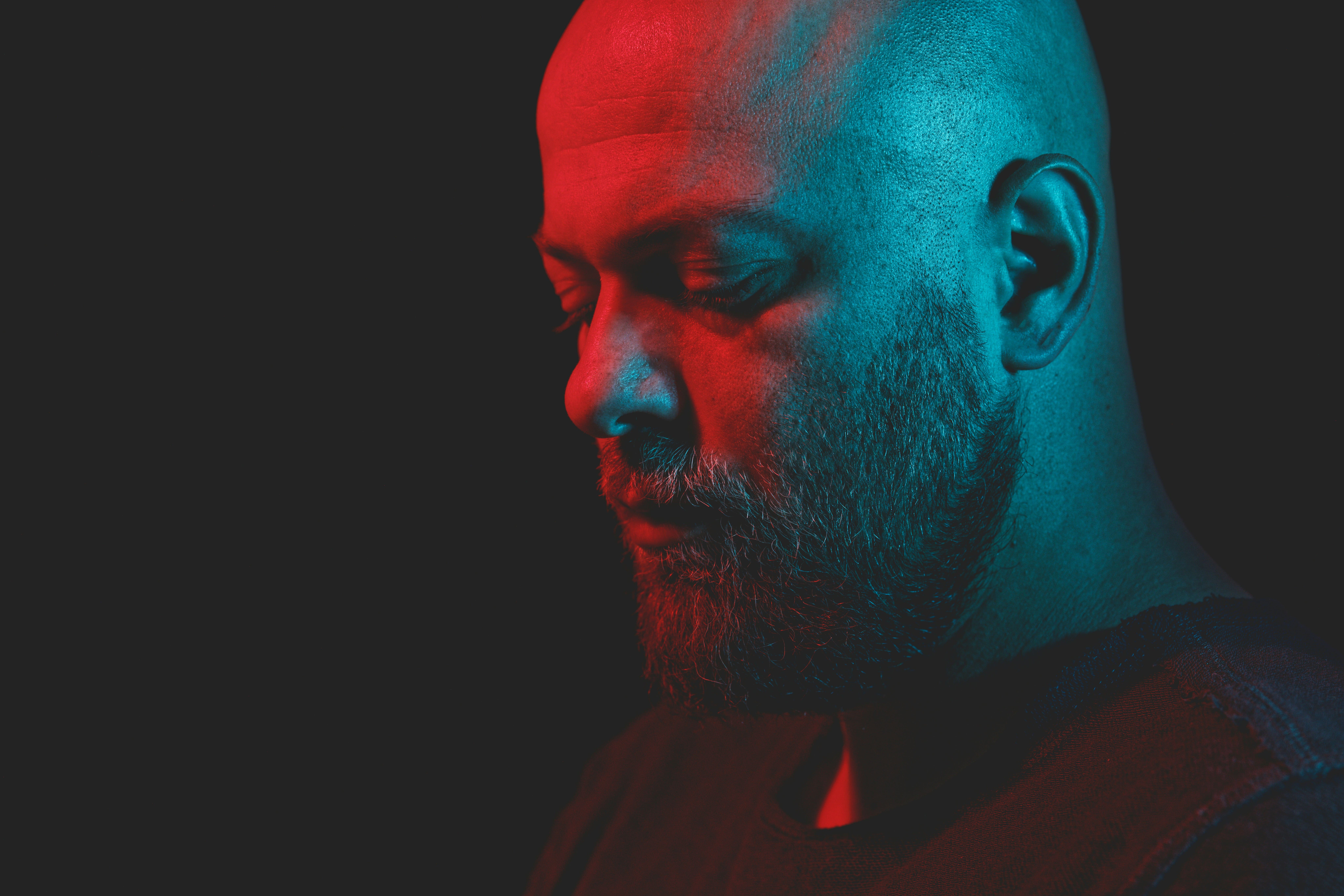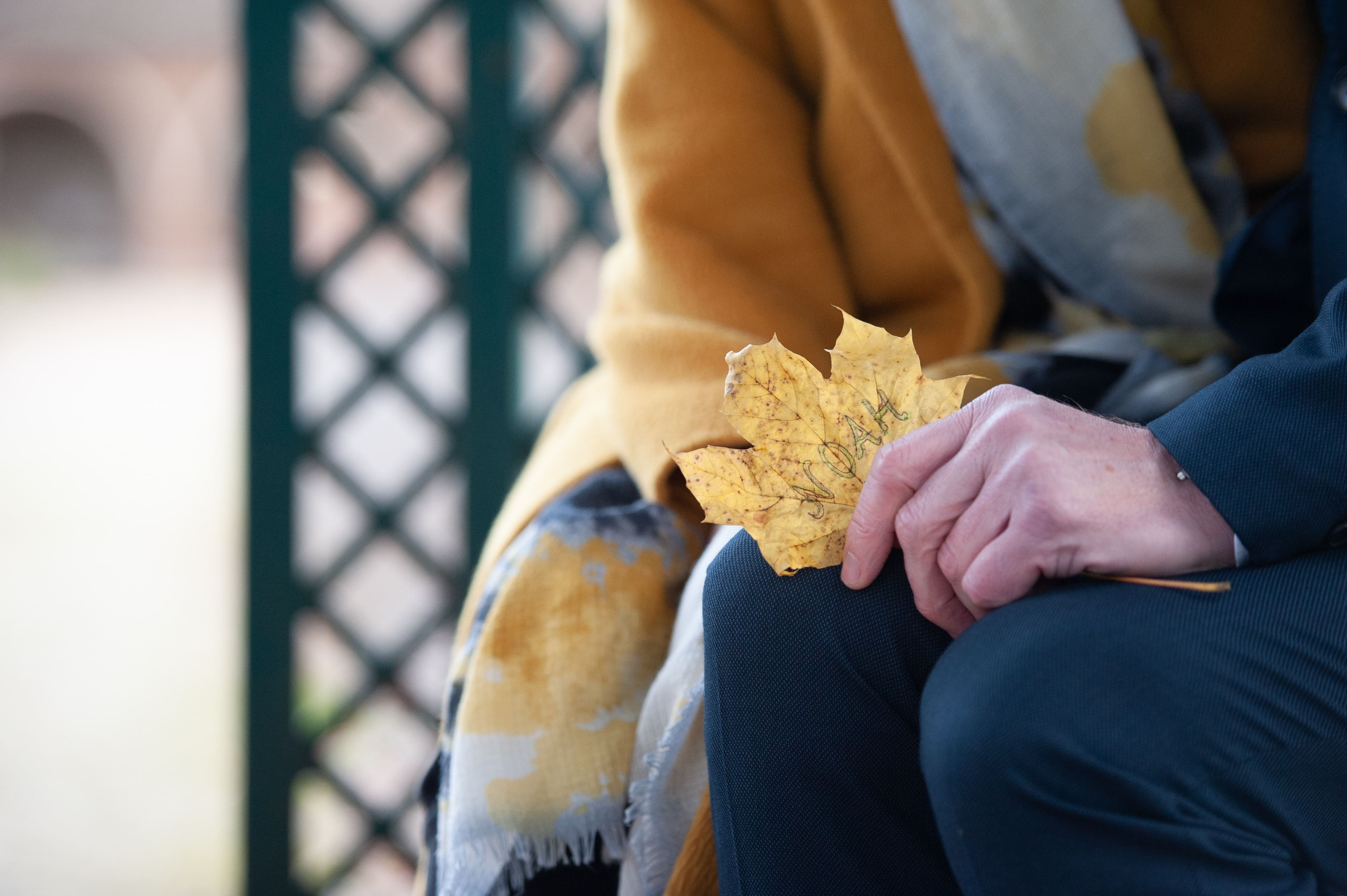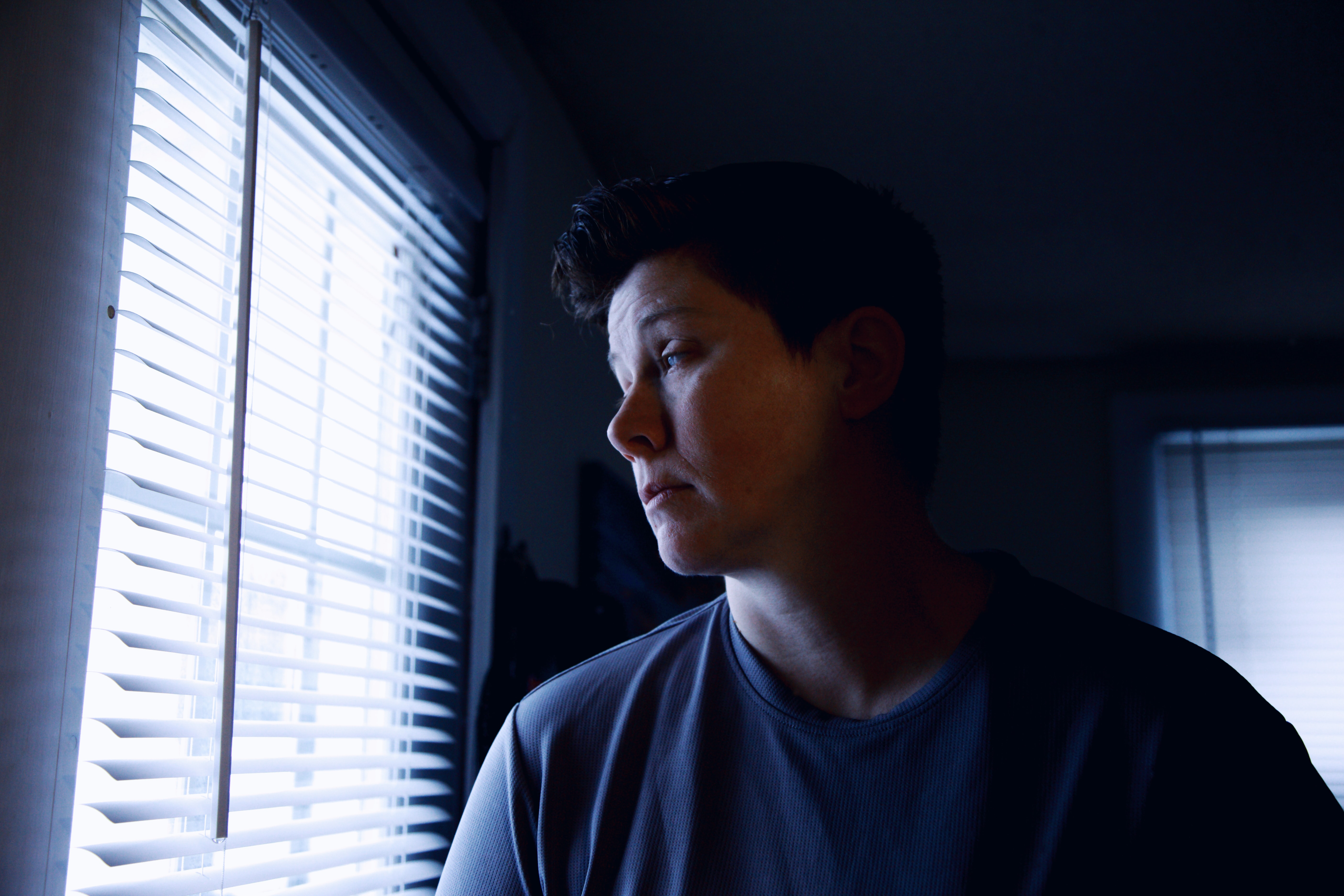I had not intended to go and see the latest Bridget Jones movie. Sequels are so rarely satisfying, and it seemed to me that stronger fare was what was needed to deal with the news squalls and cold weather of February. To launch it on the schmaltz-fest of Valentine's Day just added to my disinterest.
But then, just like that, I changed my mind.
I had been an original Bridget Jones fan, from when it started off in 1995 as an anonymous cod-diary in The Independent. I was editing the Women’s Pages in The Guardian at the time, and felt rather jealous of the way this column captured the 90s zeitgeist.
As the popularity of the columns grew, it turned into a book, then another, then a film, which (almost) all agreed was one of those British rom-coms that are the default choice when you need a laugh and a cry and a good time. I went to the premiere, and with Hugh Grant and Renee Zellweger wisecracking on stage, it was a genuinely exciting moment.
But now? The premise of Mad About the Boy sounded worn out and trite. The trailer focused on a six-packed toyboy and an uptight teacher as probable boyfriend material, and was riddled with Bridget face-pulling and pratfalls. The Guardian gave it only a two-star review. Surely it was the latest in the Bridget Jones franchise was simply not worth heading outdoors for?
I was wrong. One old friend after another told me how much they loved the new film, and then I read a volte face in The Guardian Bridget Jones 4 is the most moving romcom of modern times. I held back from reading its identification of which scenes had touched the most, and booked a matinee ticket for my 20something daughter and myself.
We loved it. We laughed all right — Bridget Jones is still pulling crazy madcap stunts, and getting things wrong — but most memorably, we really did cry. Finding ourselves tissue-less, we had to nip out to the bar area for napkins to mop up our tears.
There are authentic truths in the film, and they hit home again and again. Probably most potently it is that grief hurts. Bridget’s husband, Mark Darcy, played by Colin Firth, has died four years before, leaving her as a widow with two young children, Billy and Mabel. She struggles, comically, to cope, but she also nurtures them and mourns his loss with them, without seeming mawkish.
As one of the Guardian contributors, Emmy Griffiths, wrote “I watched the fourth Bridget Jones film three weeks after his [my dad's] funeral, and spent most of it a sobbing wreck – not just because of how it captures the crushing sadness of losing someone essential, but also for its gentle guidance on how to move on.
“The message that your loved one will always be a part of you, that you don’t need to “let them go” to rediscover life, and that it isn’t a disservice to them to feel joy, had me feeling lighter than I had in weeks."
She has, of course, her friends to help. Shazza, Jude and Tom have seen their 30s slide into their 50s too (and mercifully they have their own faces to prove it). These are old friends who know and love her every quirk, but are also capable of taking Bridget in hand if the need arises.
And then there is Daniel Cleaver, as created by national treasure Hugh Grant. A seductive, sports-car driving boss in the first book and movie (surely hard to love in the post-Me Too world?) he’s not foregone skirt-chasing, but is also a loyal compadre now that Bridget is a single parent. Why, he can even, in his own cocktail-drinking way, babysit.
The ending was, I agree, a bit pat and cartoonish, but as a whole it was a wonderful, heartening, tear-splattered afternoon in the dark, surrounded by others who were also happy and sad, to see an old friend again.




